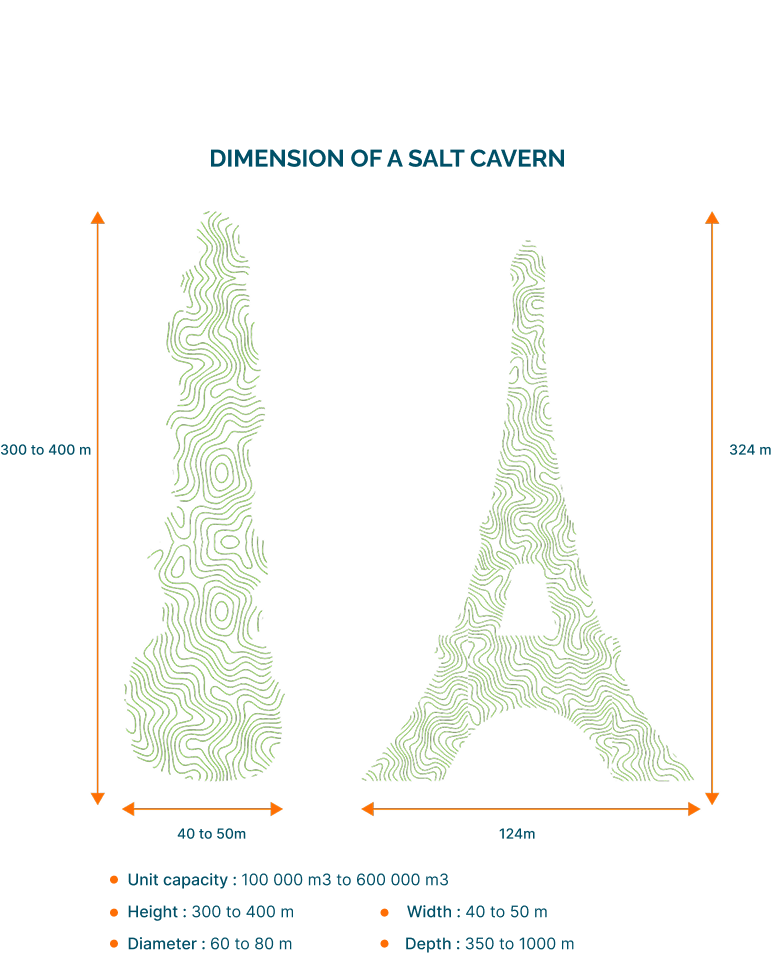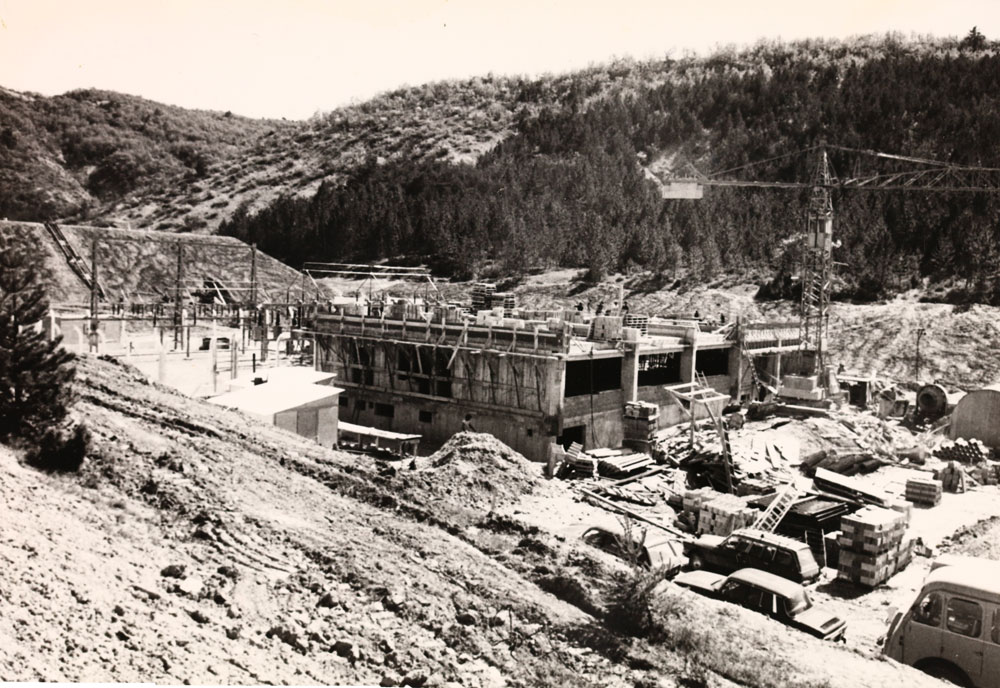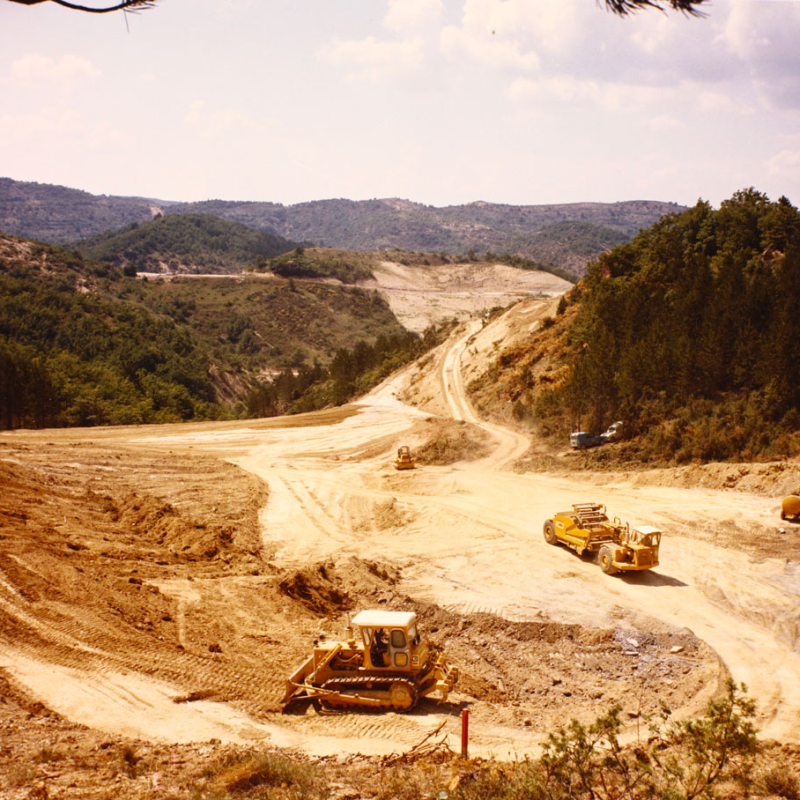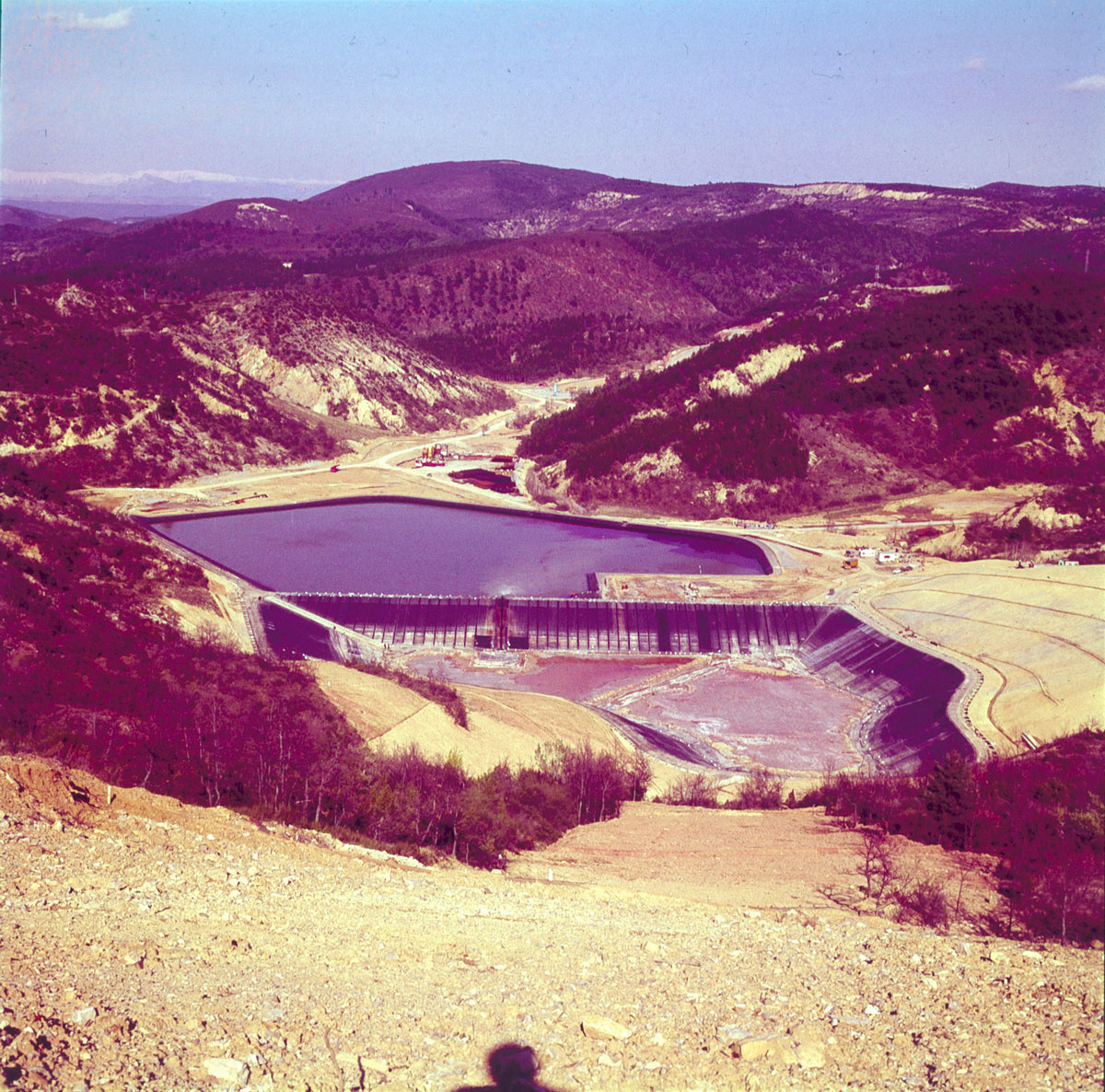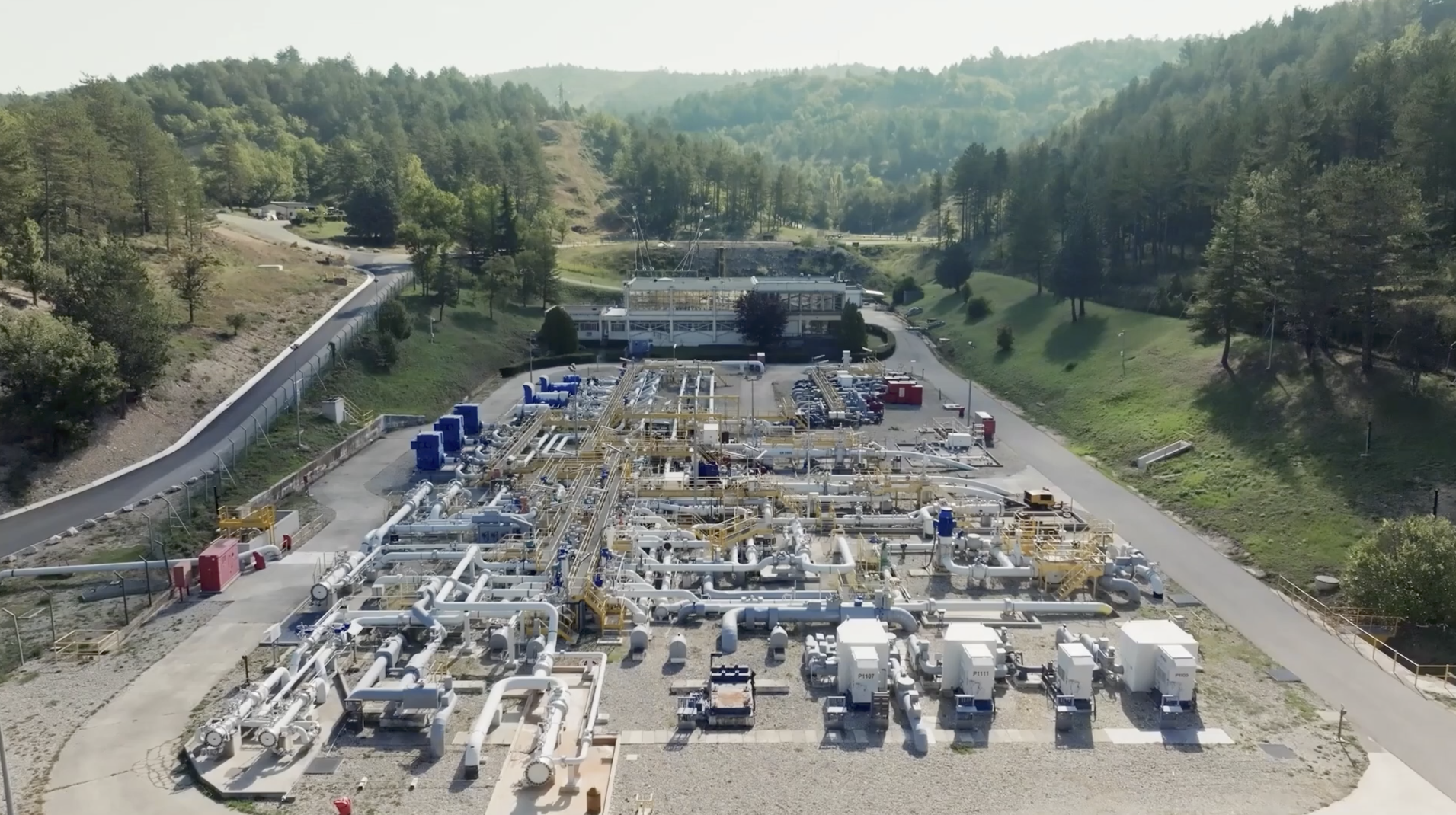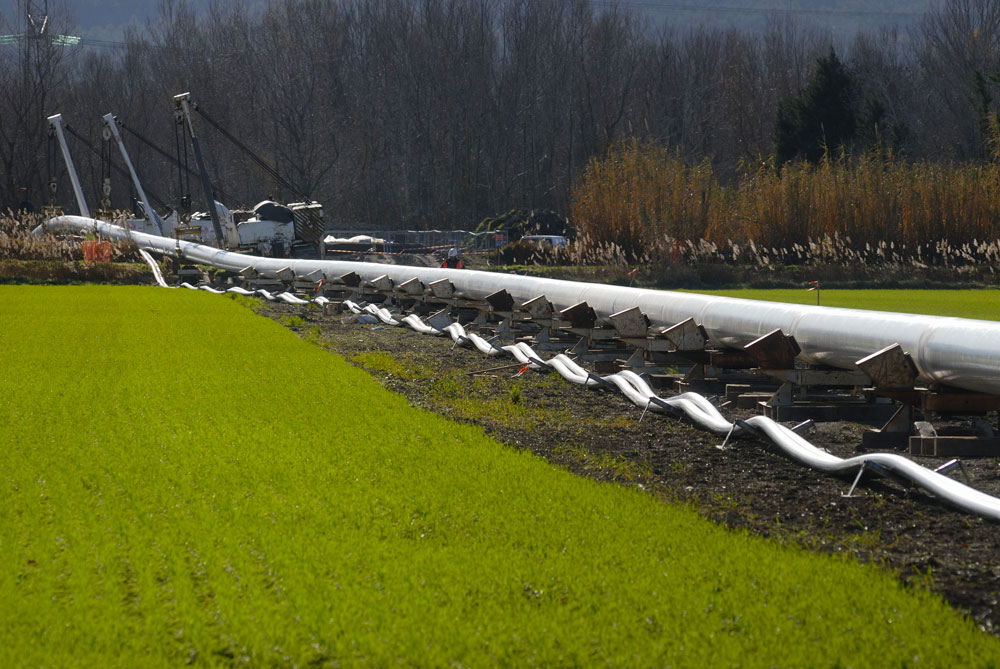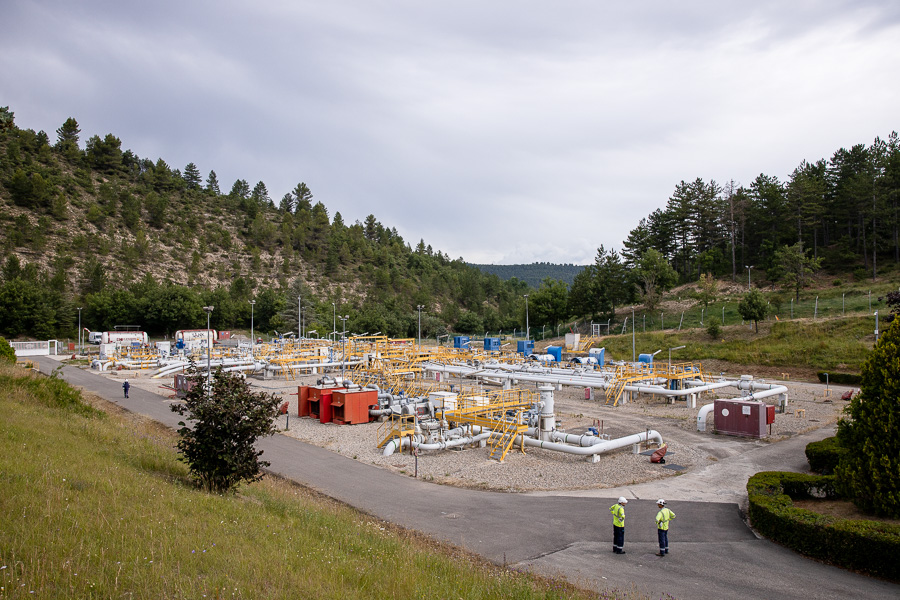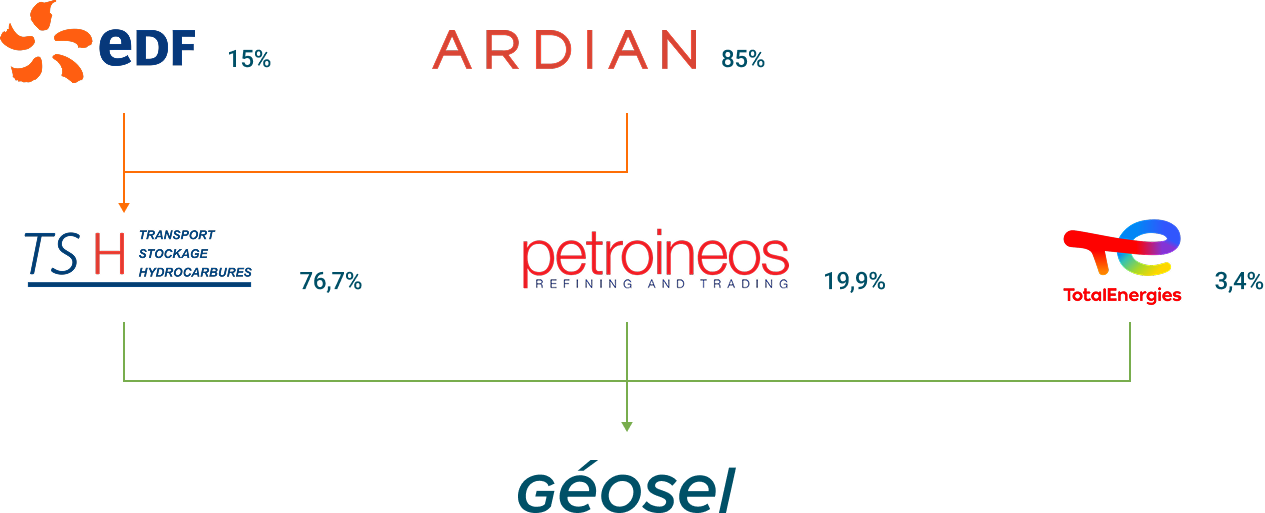Géosel was created in the 1960s to meet a strategic imperative: ensuring the country’s energy security, the importance of which had been highlighted in 1956 by the Suez Canal crisis.
With its underground capacity of 9 million m³, Géosel is one of the largest hydrocarbon storage facilities in Europe. It provides storages capacities for crude oil, as well as refined products such as diesel, gasoline and naphtha.
France’s strategic oil reserves must cover at least 90 days of national consumption, and Géosel holds a significant part of the strategic stocks of the country.
In addition to Géosel’s strategic role, the site offers commercial storage services to players in the oil sector, such as refineries, the chemical industry, oil distribution and trading companies.
As a key element in the oil logistics of south-eastern France, Géosel storage facilities are connected by piplines to the refineries and petrochemical plants of the Fos/Berre area, to the Marseilles-Fos harbour (Grand Port Maritime de Marseille) and to three pipeline networks : SPSE, SPMR and ODC, connecting the area to the North of France and beyond. This unique location enables Géosel to optimize the distribution of hydrocarbons on a French and even European scale.
Committed to its own energy transition and that of its territory, Géosel is currently conducting in-depth studies on the evolution of the energy mix and the adaptation of part of its infrastructure to the storage of alternative energies such as hydrogen.


